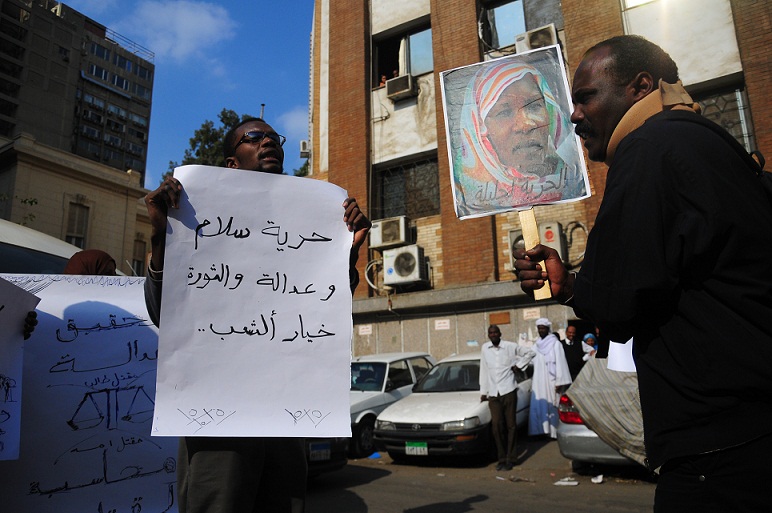After nearly two weeks of mass protests in Lebanon, Prime minister Saad Al-Hariri announced submitting his resignation in a televised statement, responding to one of the main demands of the country’s protest movement.
Hariri’s resignation is likely to defy the powerful Shia group Hezbollah, as the group’s leader Hassan Nasrallah has twice declared that he was against such a step.
The demonstrations – ongoing for 13 days – aim to oust the political class viewed as incompetent and corrupt. Protesters kept Lebanon on lockdown cutting off access to some of the main roads, including the main north-south highway.
Not only roads, but the two-week demonstrations in Lebanon also led to closing banks, schools, and some businesses.
Early on Tuesday, dozens of rioters, believed to be supporters of Hezbollah, attacked the protesters, torched tents, and fought with them, forcing the police to intervene, reported Agence France-Presse.
The attack against the protests forced the army and police to deploy forces to restrain the scuffles.
An hour earlier, the same counter-demonstrators had gathered on another area, chanting slogans hailing the leaders of Hezbollah Hassan Nasrallah and Nabih Berri the head of and Amal movement. They also attacked peaceful protesters who were blocking the key artery.
Following Al-Hariri’s resignation, his supporters blocked some roads in the Lebanese capital calling for the resignation of the President and the Parliament Speaker as well.
Meanwhile, Walid Jumblatt the president of the Progressive Socialist Party in Lebanon called for dialogue saying that he was against the resignation of Al-Hariri but “if he [Al-Hariri] has decided and filed his resignation, I call again for dialogue.”
The French foreign minister Jean Yves Le Drian called upon the Lebanese authorities to ensure the integrity and stability of the country amid the current political and economic crisis. He added in a speech before the French parliament on Tuesday that Al-Hariri’s resignation complicates the situation.



